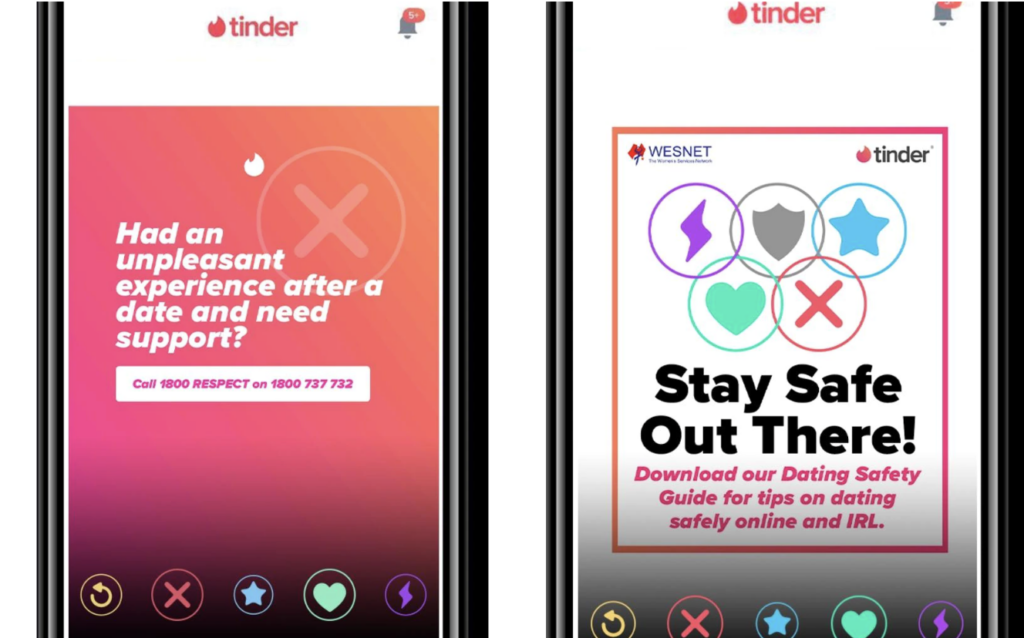On behalf of WESNET, our CEO Karen Bentley had the opportunity to attend the National Roundtable on Dating App Safety back on 25 January organised by the Minister for Communications, the Hon Michelle Rowland.
‘The purpose of this event was to examine ways to better protect Australians when using online dating apps. Attendees (which included Government ministers, representatives from Dating apps such as Match Group, Bumble, and a wide range of NGOs) examined together the policy, regulatory and technology settings that can improve protections for those using online dating applications and websites, and stop perpetrators who exploit these services to cause harm. Based on these conversations, we develop the following points needed to achieve online dating safety:
1. Everyone must have the freedom to enjoy technology in safety
A key underpinning principle to online dating safety is that everyone should have the freedom to be able to enjoy technology in safety. Governments, businesses and the community should be working together to enable this and to end violence against women and other forms of gender-based violence.
2. Linking online dating safety to the National Plan
Linking online dating safety to the National Plan to End Violence against Women and Children is essential. This will help ensure measures to address online dating safety are informed and underpinned by the driving factors and principles that have been captured in the National Plan. It is particularly important that we all understand that improving gender equality and attitudes about women helps prevent all types of violence and abuse, including those experienced online and when dating. Dating platforms are not able to eliminate this violence on their own, and we especially need to keep perpetrators in sight.
3. Avoidance of victim-blaming – ‘she should have checked’
Governments and the community need to be very careful that measures taken to address online dating safety do not reinforce the victim-blaming culture routinely experienced by survivors of sexual violence. For example, placing the responsibility for finding out whether a future partner has a history of violence on an individual, could then lead to an expectation that ‘she should have checked’. There is compelling evidence that domestic violence disclosure schemes have not been effective in other countries, and they are rarely considered good practice by researchers and specialist women’s services. Background check processes undertaken by survivors also need to ensure they do not give a false sense of security to users.

4. Not relying on unreliable data
Criminal activity and/or registers as a mechanism to share information to dating platforms for ‘filtering’ abusers are unlikely to be useful due to the incredibly low rates of both reporting and conviction in relation to both sexual and domestic violence. Many intimate partner homicide perpetrators have little or no interaction with the justice system. There is clear evidence that criminal justice is tilted away from women, and that oppressed groups are overrepresented in the criminal justice system.
5. Protecting the most oppressed
Measures must be designed to protect those most in danger. There have been major regulatory advances across banking, telecommunication and rideshare sectors, but not all are trauma-informed, focused on survivor safety first, or non-discriminatory. For example, regulatory responses that include mandatory reporting of personally identifying information of sexual assault survivors should be avoided. Mandatory ID checks in some industries have had a significant adverse impact on gender-diverse populations.
—
